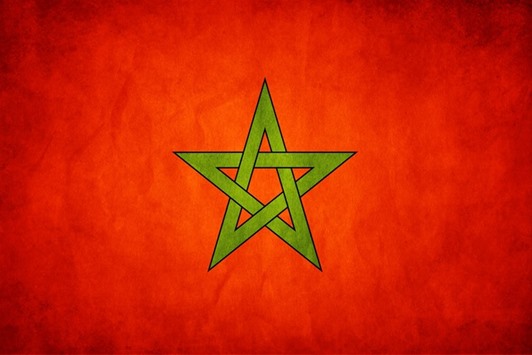Morocco will elect a parliament tomorrow for the first time since an Islamist-led government took office following Arab Spring uprisings that toppled leaders across the region.
The Islamist Justice and Development Party (PJD) came to power in 2011 after swelling protests prompted concessions from King Mohamed VI.
A new constitution reduced some, though not all, of the king’s powers as regimes fell in Tunisia, Egypt and Libya.
Prime Minister Abdelilah Benkirane’s PJD says a second term would allow it to continue its limited economic and social reforms.
Heading a coalition that includes communists, liberals and conservatives, it retains considerable support among the urban middle classes that have largely abandoned the left in favour of Islamist parties.
But it has been weakened by rising unemployment and what critics say is a failure to deal with corruption.
The party has faced a string of scandals within its ranks.
It also faces a resurgent liberal opposition Authenticity and Modernity Party (PAM), formed in 2008 by a close adviser to the king.
The PAM has poured enormous resources into a campaign criticising the government’s record as “catastrophic” and pledging to roll back the “Islamisation” of society.
It pitches itself as the defender of women’s rights and liberal social mores, and aims to bring more women into parliament, where they hold just 67 out of 395 seats.
The PJD accuses its rival of being the party of the palace, part of a shadowy “parallel state” controlling political life.
If it holds on to power, the PJD will remain an essential part of Moroccan politics, “despite the feelings it rouses at the palace and among the globalised bourgeoisie,” said Pierre Vermeren, a historian of the Maghreb region.

